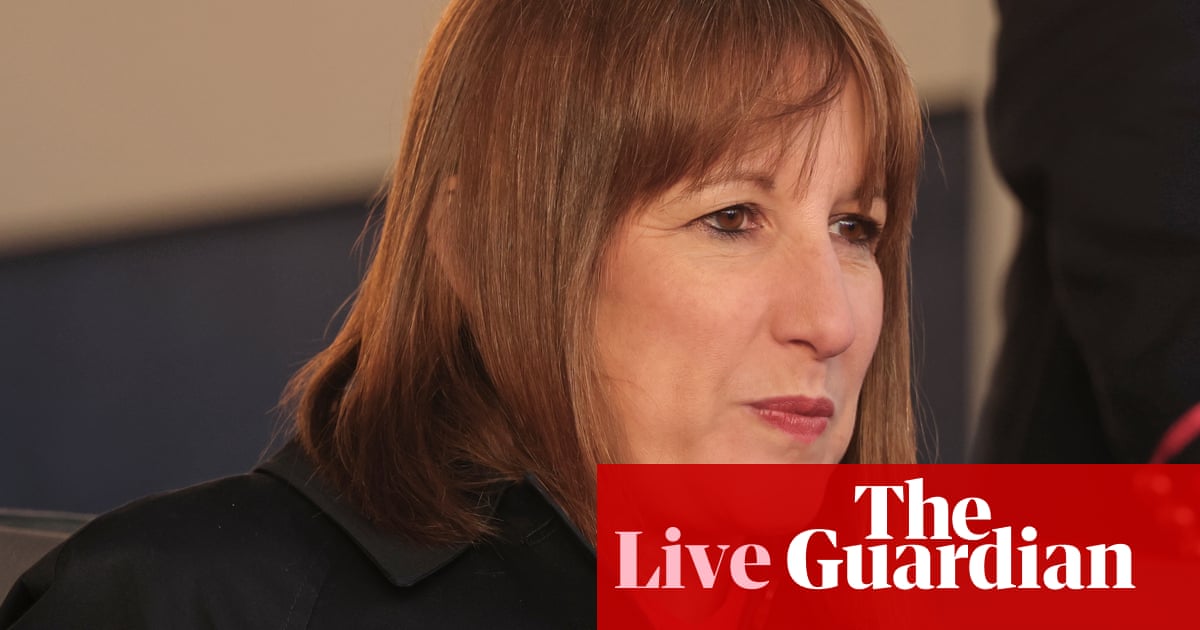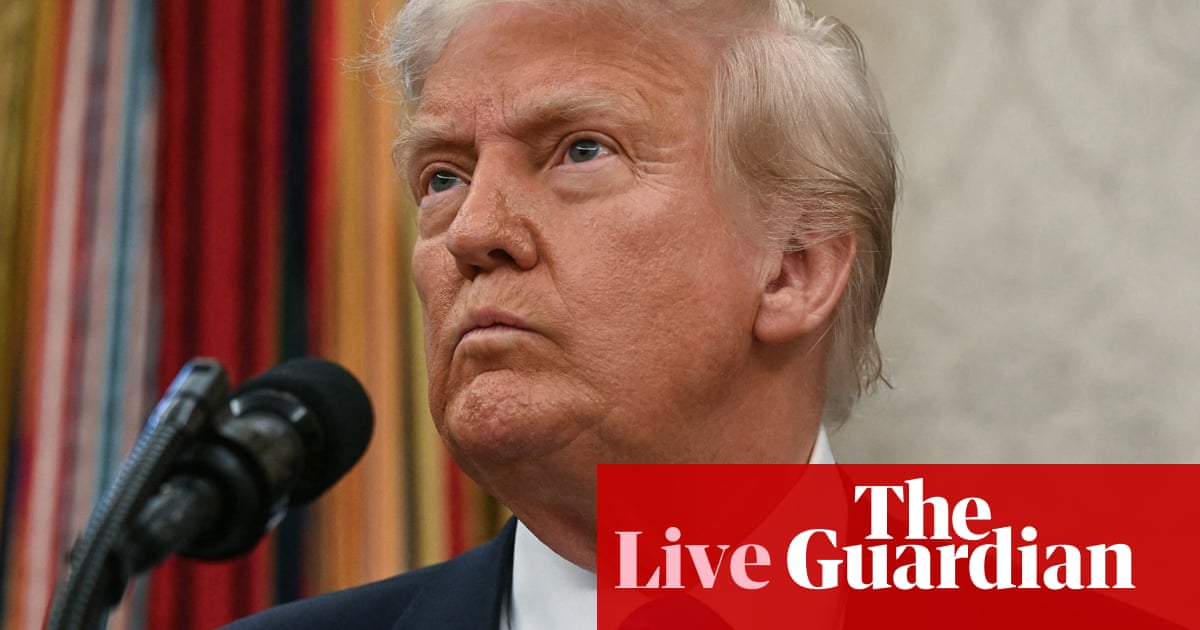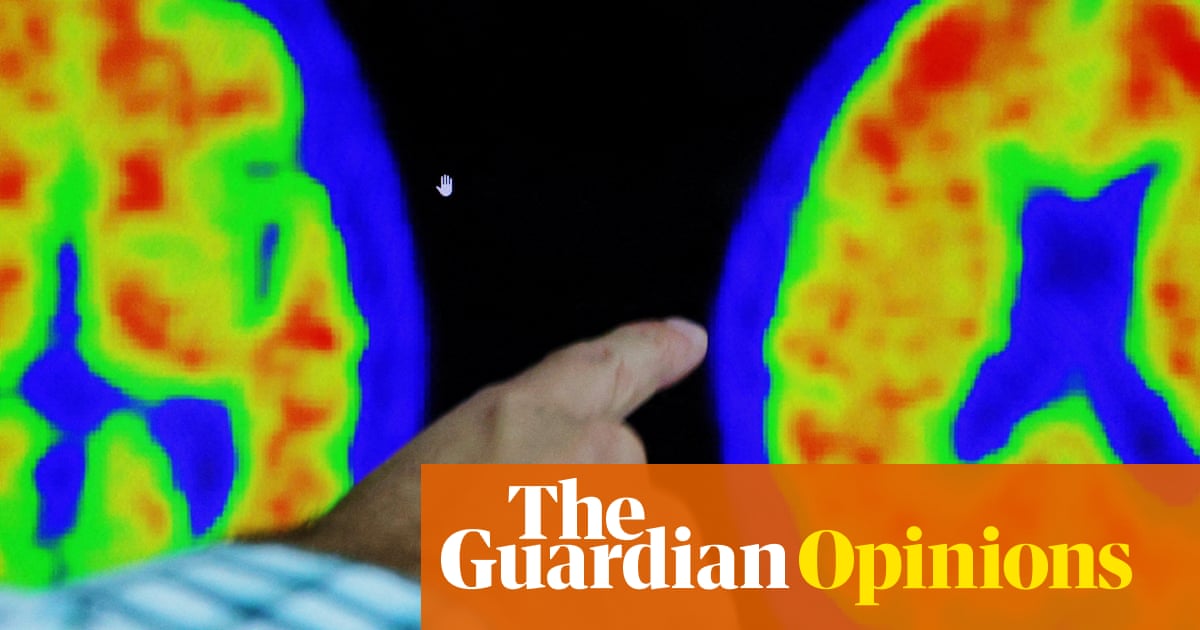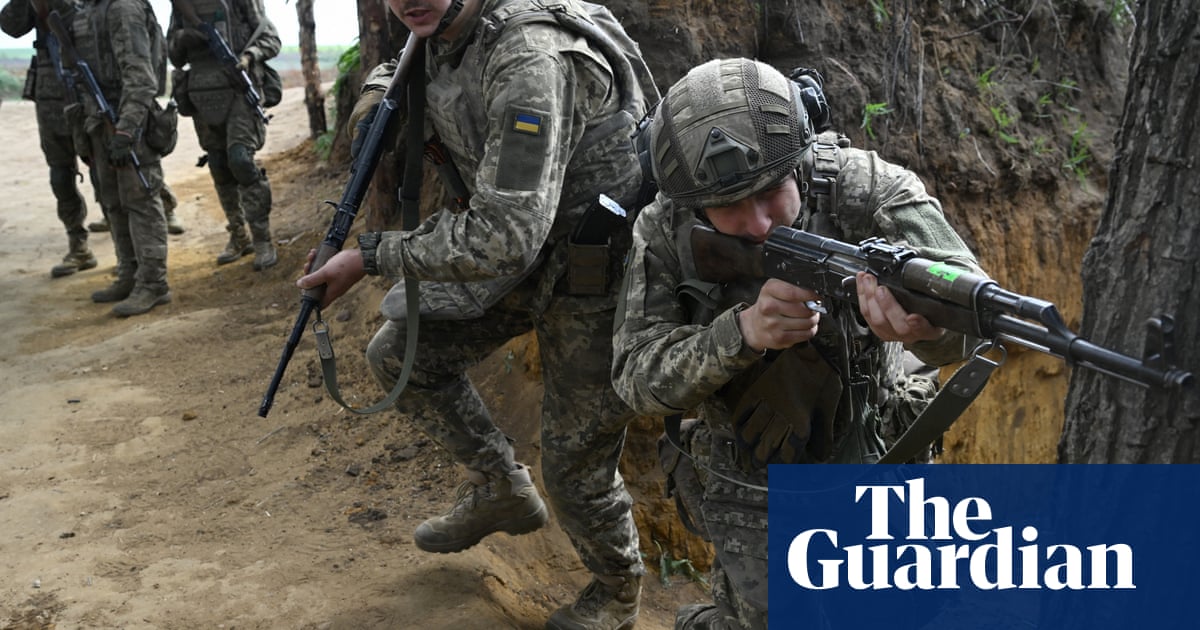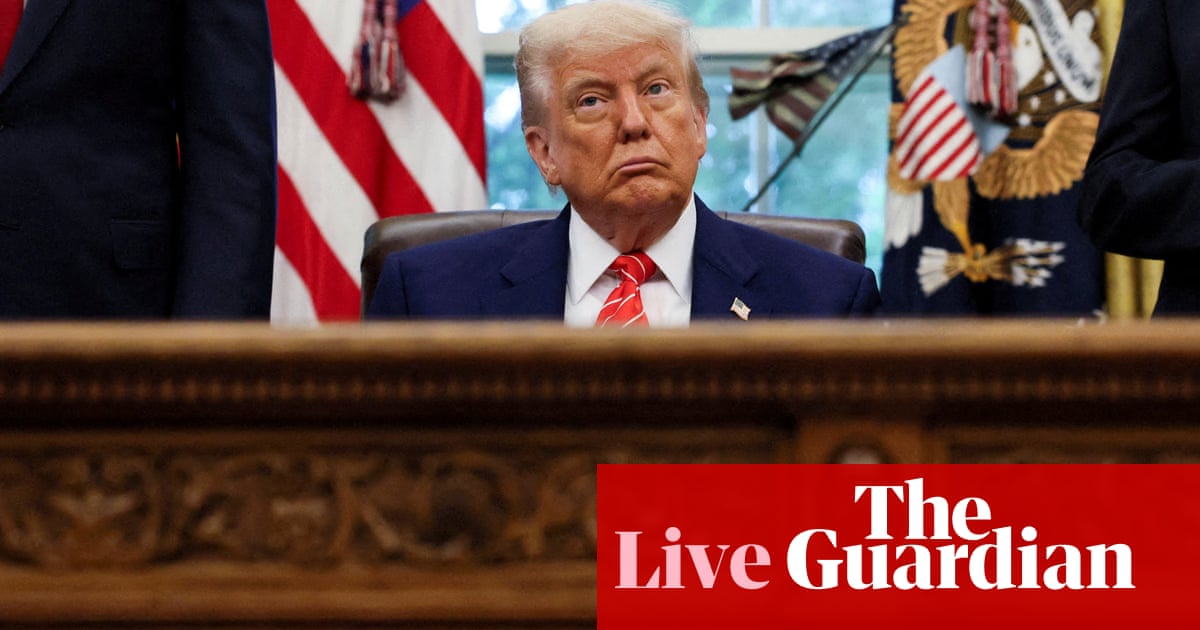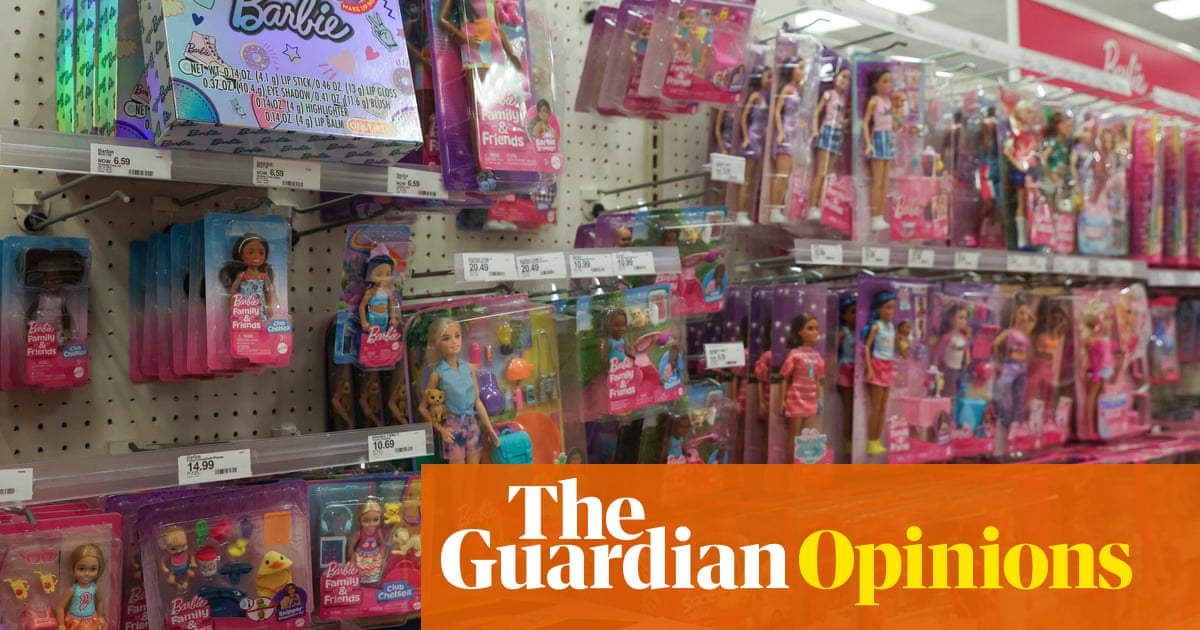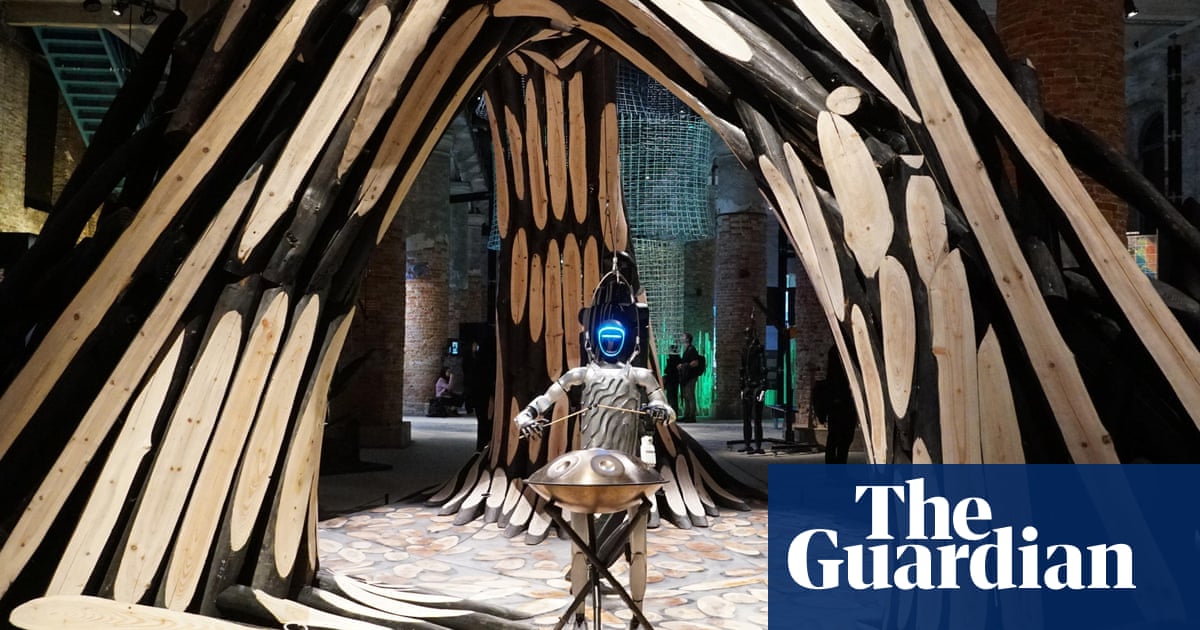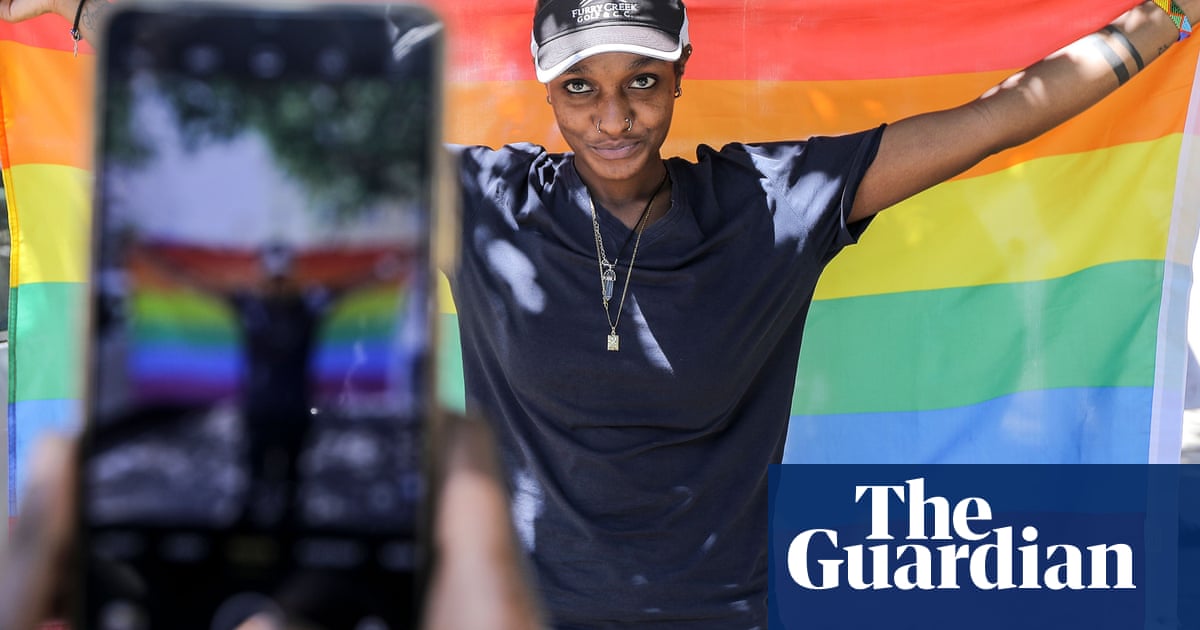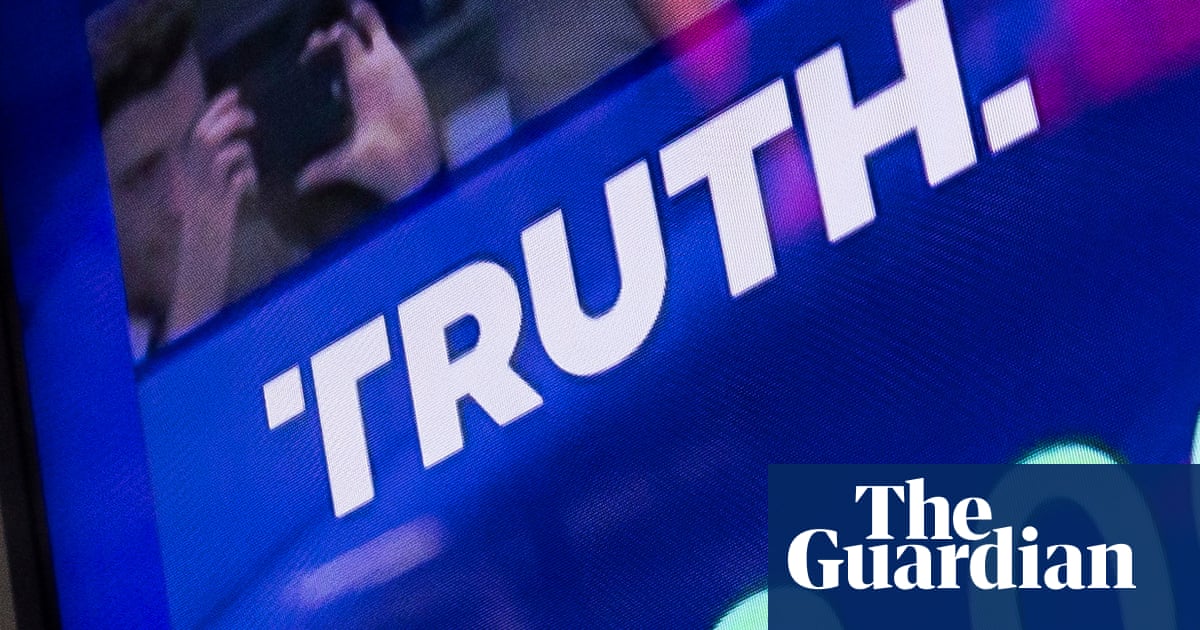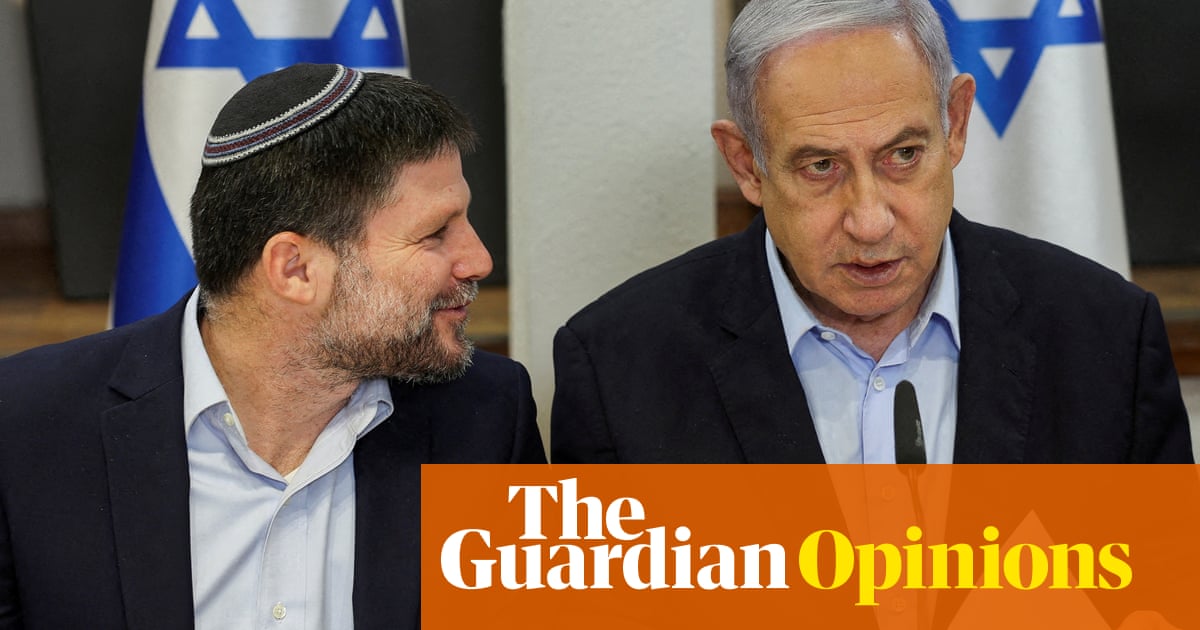An earthquake of magnitude 7.0 or above could not have caused more carnage. Recent floods in Asia and droughts in Africa have been catastrophic, yet they have inflicted less damage and affected fewer people than the sudden withdrawal of billions of dollars of US aid from the world’s most volatile hotspots and its most vulnerable people. Coming alongside President Trump’s plan for a US takeover of Gaza, the US administration’s resolve to shut down its international aid agency sends a clear message that the era when American leaders valued their soft power is coming to an end.
But while the Gaza plan is as yet only on the drawing board, USAid cuts – which will see funding slashed and just 290 of the more than 10,000 employees worldwide retained, according to the New York Times - have already begun to bite this week. We have seen the halting of landmine-clearing work in Asia, support for war veterans and independent media in Ukraine, and assistance for Rohingya refugees on the border of Bangladesh. This week, drug deliveries to fight the current mpox and Ebola outbreaks in Africa have been stopped, life-saving food lies rotting at African ports, and even initiatives targeting trafficking of drugs like fentanyl have been cut back. One of the world’s most respected charities, Brac, says that the 90-day blanket ban on helping vulnerable people is depriving 3.5 million people of vital services.
One critical programme has been granted a limited waiver. Pepfar, created by Republican president George W Bush, offers antiretroviral prescriptions to 20 million people around the world to combat HIV and Aids. Its activities escaped the ban only after warnings that a 90-day stoppage could lead to 136,000 babies acquiring HIV. But it has still been blocked from organising cervical cancer screening, treating malaria, tuberculosis and polio, assisting maternal and child health, and efforts to curtail outbreaks of Ebola, Marburg and mpox.
Not only does the stop-work edict mean that, in a matter of days, the US has destroyed the work of decades building up goodwill around the world, but Trump’s claim that America has been over-generous is exposed as yet another exaggeration. Norway tops the list as biggest donor of official development assistance (ODA) as a percentage of gross national income (GNI) at 1.09%; Britain is at just over 0.5%, albeit down from the UN target of 0.7%; but the US is near the bottom of the advanced economies at 0.24% – alongside Slovenia and the Czech Republic. It is simply the size of the US economy – 26% of world output – that means that the 0.24% adds up to more aid than any other country. The US provided $66bn in 2023, making USAid a leader in global humanitarian aid, education and health, not least in addressing HIV/Aids, malaria and tuberculosis.
On Sunday night, Trump told reporters that USAid had been “run by a bunch of radical lunatics, and we’re getting them out”. “I don’t want my dollars going towards this crap,” his press spokesperson added, with one of the president’s chief advisers Elon Musk calling the agency a “viper’s nest of radical-left marxists who hate America”. “You’ve got to basically get rid of the whole thing. It’s beyond repair,” he said. “We’re shutting it down.”

Indeed, in a post on X last weekend, Musk shared a screenshot quoting the false claim that “less than 10 percent of our foreign assistance dollars flowing through USAID is actually reaching those communities”. The implication is that the remaining 90% was diverted, stolen, or just wasted. In fact, the 10% figure is the proportion of the budget going directly to NGOs and organisations in the developing world. The remaining 90% is not wasted – instead, it comprises all the goods and services that USAid, American companies and NGOs, and multilateral organisations deliver in kind, from HIV drugs to emergency food aid, malaria bed nets, and treatment for malnutrition. It is simply untrue that 90% of aid falls into the wrong hands and never reaches the most vulnerable.
In fact, the initial blanket executive order proved to be such a blunt instrument – the only initial exemptions were for emergency food aid and for military funding for Israel and Egypt – that it had to be modified to include exceptions for what the government called “life-saving humanitarian assistance”, although it stopped short of defining them. “We are rooting out waste. We are blocking woke programs. And we are exposing activities that run contrary to our national interests. None of this would be possible if these programs remained on autopilot,” said a statement released by the state department. The new secretary of state, Marco Rubio, now wants his department to control the whole budget and close down USAid entirely. “Does it make America safer? Does it make America stronger? Does it make America more prosperous?” Rubio asked in a statement that suggested that the America which generally worked multilaterally in a unipolar era is now determined to act unilaterally in a multipolar one.
This new stance is not just “America first” but “America first and only” – and a gift to Hamas, IS, the Houthi rebels, and all who wish to show that coexistence with the US is impossible. The shutdown is also good news for China, whose own global development initiative will be strengthened as it positions itself to replace America. Desperate people will turn to extremists who will say that the US can never again be trusted. And by causing misery and by alienating actual and possible allies, far from making America great again, the cancellation of aid will only make America weaker.
The tragedy for the planet is that US aid cuts come on top of diminishing aid budgets among the world’s richest economies, from Germany to the UK. International aid agencies are now so underfunded that in 2024, for the second consecutive year, the UN covered less than half of its humanitarian funding goal of nearly $50bn – at a time when increasing conflicts and natural disasters necessitate more relief donor grants than ever. Yes, we can discuss how greater reciprocity can create a fairer system of burden sharing – but further cuts in aid threaten more avoidable deaths, and a poorer world will ultimately make the US poorer too.
US generosity is often seen as mere charity, but it is in the country’s self-interest to be generous because the creation of a more stable world benefits us all. We all gain if USAid can mitigate the spread of infectious diseases, prevent malnutrition in the Democratic Republic of the Congo and Sudan, halt the upsurge of IS in Syria and support a fair, humanitarian reconstruction of Gaza and Ukraine. Only the narrowest and most blinkered view of what constitutes “America first” can justify the disaster America has unloaded on the world.
-
Gordon Brown is the UN’s special envoy for global education and was UK prime minister from 2007 to 2010

 3 months ago
51
3 months ago
51
